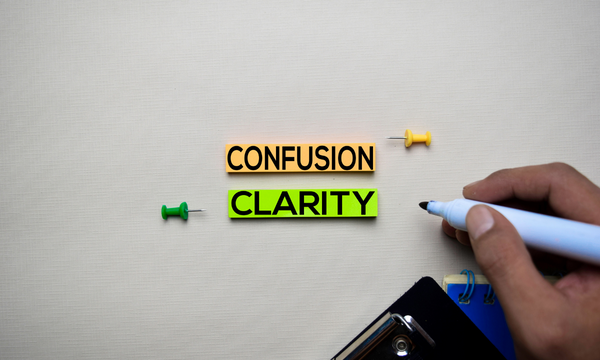
Diplomatic Language: The Importance of Precision and Clarity


Diplomacy is an art that requires precision and clarity in communication. The language used by diplomats is critical to achieving their goals and objectives, whether negotiating a treaty, resolving a conflict, or building a relationship between countries. The use of diplomatic language helps to avoid misunderstandings and ambiguity, and it helps to maintain the dignity and respect of all parties involved.
One of the key characteristics of diplomatic language is precision. Diplomats must be specific and clear in their language, leaving no room for interpretation or confusion. This requires careful consideration of the words used and their connotations. For example, a diplomat might use the word "issue" instead of "problem" to avoid negative connotations and to focus on finding solutions rather than placing blame.
Another important aspect of diplomatic language is clarity. Diplomats must be able to communicate their message effectively and efficiently. They must be able to convey complex ideas and concepts in a way that is understandable to all parties involved. This requires a mastery of language and the ability to simplify and summarize ideas without losing their meaning.
Diplomatic language also emphasizes respect and politeness. Diplomats must be diplomatic in their language, avoiding offensive or inflammatory remarks. They must use language that is courteous and respectful, even when discussing sensitive issues or disagreements. This helps to maintain a positive and constructive dialogue, even when there are disagreements.
The use of diplomatic language is also important in building trust and relationships between countries. Diplomats must be able to communicate with their counterparts in a way that fosters mutual understanding and respect. This requires the use of language that is sensitive to cultural and linguistic differences, and that acknowledges the unique perspectives and values of each country.
The importance of diplomatic language in foreign affairs cannot be overstated. Diplomatic language requires precision, clarity, respect, and politeness. It helps to avoid misunderstandings and ambiguity, maintain dignity and respect, and build trust and relationships between countries. As the world becomes increasingly interconnected, the importance of diplomatic language will only continue to grow.

